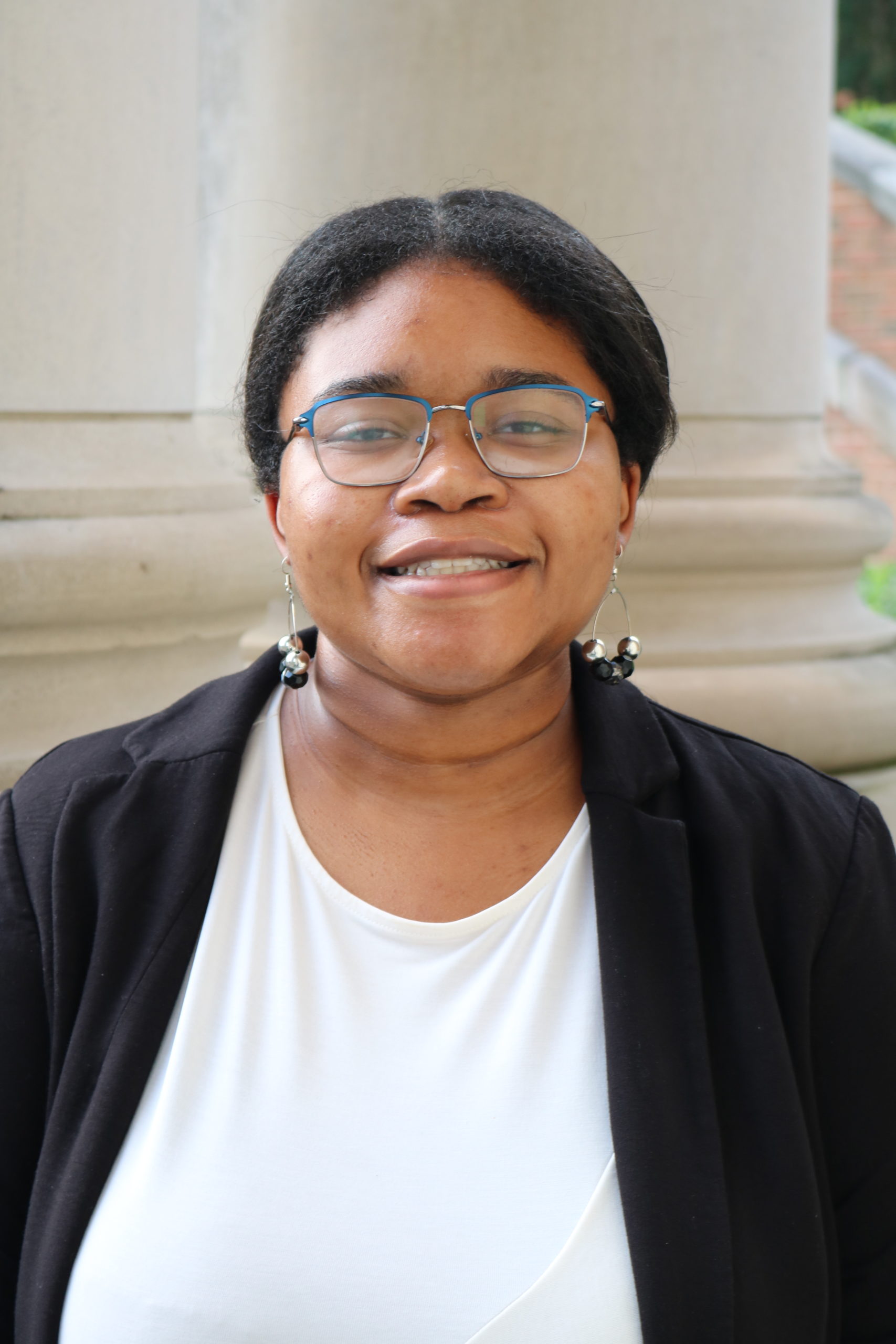The prison system in Alabama is plagued with various problems, including high incarceration rates and overcrowding as well as internal problems within the facilities.
“We have to look at the prison system and how it affords rehabilitative action, how are we rehabilitating these individuals to help them learn from their actions,” Chairwoman for the Thurgood Marshall Symposium Lauren Bradley said.
A wide array of factors contribute to Alabama’s overall prison problem.
For example, according to the Prison Policy Initiative website, Alabama has an incarceration rate of 938 per 100,000 people (including those in prisons, jails, immigration detention and juvenile facilities), meaning that the state locks up a higher percentage of its people than any other democracy on Earth.
The April 2019 Department of Justice report stated, “The Department concluded that there is reasonable cause to believe that the men’s prisons fail to protect prisoners from prisoner-on-prisoner violence and prisoner-on-prisoner sexual abuse, and fail to provide prisoners with safe conditions.”
Later in a Dec. 2020 report, the DOJ filed a lawsuit against the State of Alabama and the Alabama Department of Corrections for the charges stated in the 2019 report.
These problems make it clear that the Alabama prison system is in dire need of reform. That is why this year’s topic for the 28th Thurgood Marshall Symposium event was “Putting Out the Fire: Creating Meaningful Reform in Alabama Prisons,” which took place on Feb.. 3 in Memory Leake Robinson Hall.
While there are different ways to reform the Alabama prison system, some believe that one way is to build more prisons.
“Folks, this is a pivotal moment for the trajectory of our state criminal justice system,” Alabama Gov. Kay Ivey said at the ceremonial signing of a $1.3 billion prison construction package. “For several years we have worked to address Alabama’s long-standing prison infrastructure challenges. These challenges were decades in the making.”
Alabama State House of Representative Christopher J. England, the keynote speaker at the symposium, spoke about the recent decision to build more prisons in Alabama.
“While this does address the issues we see in the infrastructure of prisons, many are concerned with the rehabilitative effectiveness of prison sentencing and addressing mental health disorders within the prison community,” England said.
England also discussed the racial inequality within the justice system as it pertained to sentencing, the number of arrests and incarceration rates when it comes to Black Americans.
According to the Prison Policy website 2.8 million Black Americans were arrested in 2018, 48% of the people who are serving life, life without parole and “virtual” life sentences are Black, and 30% of the people who are on probation or parole are Black.
These facts only provide a glimpse into the racial discrimination that is prevalent in the Alabama prison system.
Thurgood Marshall Symposium Chairwoman Lauren Bradley urges students to educate themselves about the reality of prisons.
“The biggest thing people should do is start understanding the issue. If you really want to effect change in an area you have to really understand what’s going on in that area,” Bradley said.

Staff Writer





